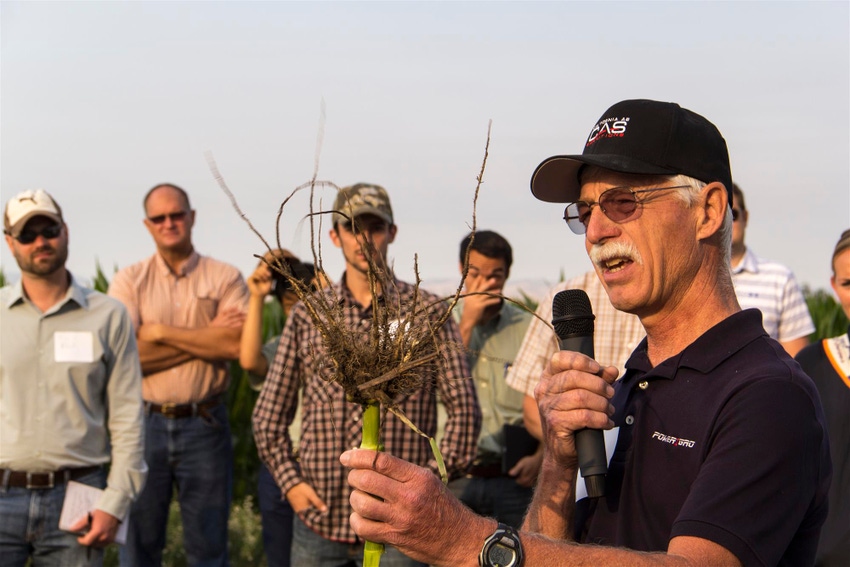
This may be part of our problem.
A 100-page Pew Research Center report cites and illustrates the apparent public divide over food science.
Really? 100 pages?
No wonder social media memes and 140-character tweets are winning the day in the public opinion arena. Who has time to read this?
Save for a few researchers who eat, sleep, live and breathe stuff like this, the general public – present company included – is not going to take the time to read and digest every bit of this, or the libraries of peer-reviewed research from respected universities.
Within the first few pages of the report we see where food industry leaders are little-trusted by the public when it comes to information on the effects of genetically-modified foods. Scientists have a much better approval rating, though still 1 in 5 people say they are at least skeptical of the information on GM foods and their potential health impacts.
Still, the report says that 60 percent of U.S. adults think scientists should have a major role in policy issues related to GM foods while 28 percent of adults think they should merely have a minor role.
Fewer Americans think food industry leaders and politicians should play a major role in such policy decisions.
Houston, we have a problem.
While more people think scientists should play a large role in GM food policy than food industry leaders and elected officials, scientists are not putting their research findings on social media because it doesn’t fit there.
It’s too easy for people to watch clips of Dr. Oz or read a Twitter thread and develop opinions that lead to policy decisions. Never mind the inaccuracy of Dr. Oz or the social media piece that has been forwarded to state and federal legislative and regulatory offices to become state and national food policy.
Social media has perhaps done more to divide us on any of a number of issues than anything else in our lifetime or the history of the planet. Who has time for thoughtful conversations when social media threads are more important?
If you don’t believe me, just go to a sit-down restaurant and count the number of people actually talking to each other without a smart phone in their hands.
About the Author(s)
You May Also Like






